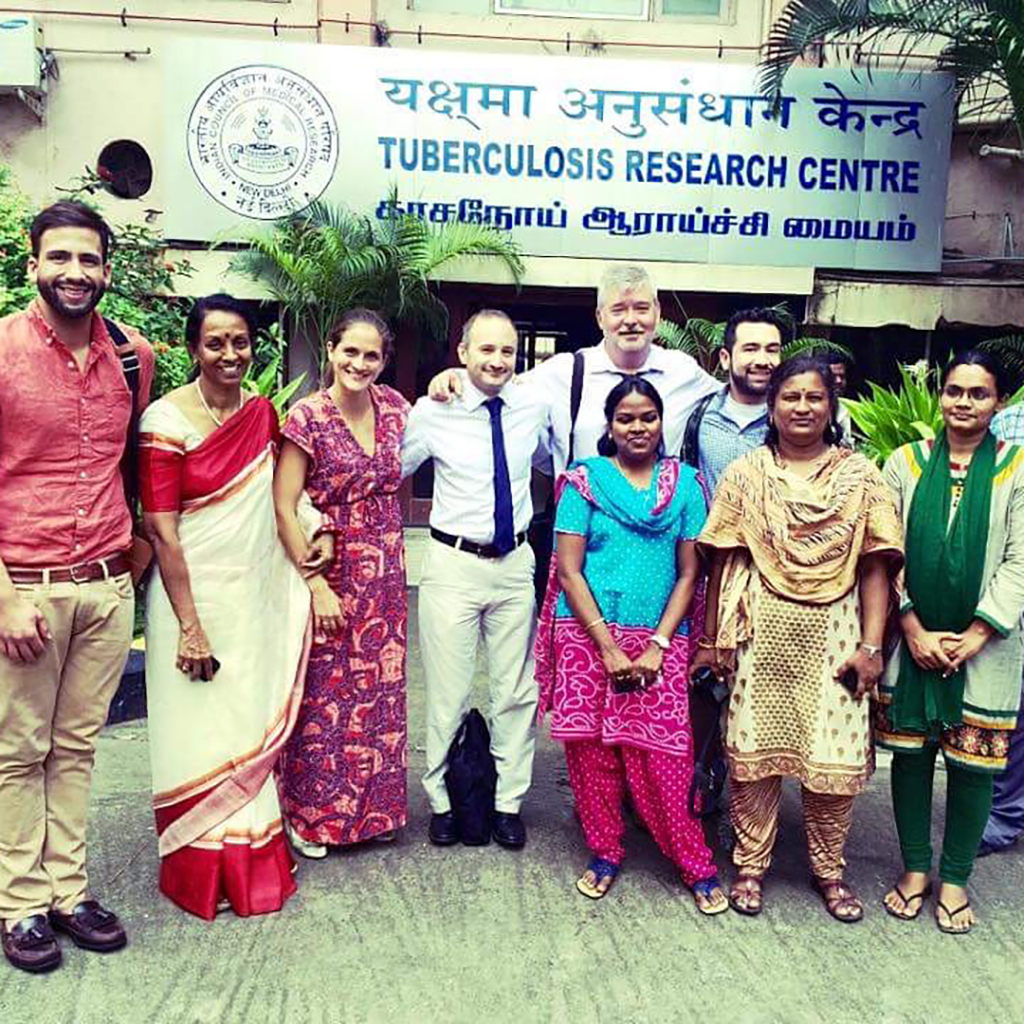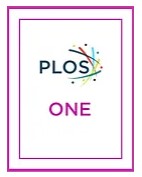Research in Behavioral Medicine
Our Research Projects
We always have a number of studies running, many in need of participants. If you are interested in participating in our research, please see our lists of active research to learn more:





Domestic Research Projects
Aging
Children with ASD/Special Needs
HIV
Oncology
Principal Investigator: Allison Applebaum, PhD and Douglas Mennin, PhD
MGH Site Principal Investigator: Jamie Jacobs, PhD
Funding Source: National Cancer Institute (NCI)
Project Number: R01CA244185
Description: This is a multisite randomized controlled trial comparing Emotion Regulation Therapy to Traditional Cognitive Behavioral Therapy to reduce distress and burden in family and friend caregivers of patients undergoing treatment for varying cancer types and stages. Caregivers caring for patients with any type of cancer or any stage of disease are eligible to participate and will receive 8 free individual therapy sessions via videoconference. Patients are also eligible to complete surveys if their caregiver is enrolled in the trial. Enrollment is active. Learn More >
Potential participants: We are recruiting informal caregivers to patients with any site/stage of cancer who have received any type of medical treatment (e.g. curative, palliative) at MGH in the past 12 months. Eligible caregivers are experiencing distress as evidenced by a score equal or above the study-specific cutoff on the Distress Thermometer (DT) and indicate that distress is associated with the caregiving experience. Interested patients or caregivers may contact the study coordinator for more information at caregivingresearch@mgh.harvard.edu.
Principal Investigator: Deborah Forst, MD
Co-investigator: Jamie Jacobs, PhD
Funding Source: Conquer Cancer Foundation of the American Society of Clinical Oncology (ASCO)
Description: This is a randomized controlled trial to examine the efficacy of a 6-session intervention based in cognitive behavioral therapy to reduce anxiety in caregivers of patients with malignant gliomas, in comparison with usual care. Caregivers of patients with malignant gliomas are eligible and will be randomly assigned to either the intervention (6 sessions with a therapist via videoconference) or a usual care control group.
Project Status: Recently completed; in data analysis.
Potential participants: No longer recruiting.
Sexual Minority Health
Smoking
Principal Investigators: Conall O’Cleirigh, PhD, Bettina Hoeppner, PhD
Funding Source: National Institute of Health (NIH)
Project Number: 1R21CA261458-01
Description: People with HIV who smoke lose more life-years to smoking than to HIV. Public health efforts to reduce the prevalence of smoking have under-served this important population, as demonstrated by the prevalence of smoking among persons living with HIV, which is more than twice as high compared to the general population. We propose to develop an integrated smoking cessation treatment that builds on our expertise and the field’s successes in leveraging the HIV clinical care setting and smartphone app technology to provide scalable, tailored, sustained smoking cessation support to HIV-positive people who smoke.
Potential participants: Currently enrolling participants.
Principal Investigator: Elyse R. Park, PhD, MPH; Jamie Ostroff, PhD
Funding Source: National Cancer Institute (NCI)
Project Number: 1R01CA214427-01A1
Description: The Smoke Free Support Study 2.0, or SSS2, is designed to examine the effectiveness and implementation of a virtually delivered, evidence-based tobacco treatment, in cancer care for patients in community oncology settings. SSS2 is designed to compare the effectiveness and implementation of an Enhanced Usual Care (EUC; control group) versus a Virtual Intervention Treatment (VIT; intervention group) for tobacco cessation in newly diagnosed cancer patients who smoke. Trial findings will establish the effectiveness and cost of utilizing a virtual strategy to deliver evidence-based tobacco treatment in community oncology settings and provide detailed initial data on implementation processes that will inform subsequent testing of multi-level implementation strategies for broad national dissemination into community cancer care settings.
Potential participants: Closed to enrollment
Weight Management and Physical Activity
Workforce Mental Health





International Research Projects
Current International Research Projects
Recently Completed International Research Projects
Recent Publications
Add copy here … this is a sampling of recent publications written by (or in collaboration with) BMED faculty. All research publications can be found online at National Library of Medicine and at the medical journals below. For additional BMED publications, please contact us at…


2023
Chronic pain and substance use disorders among older sexual minority men living with HIV: Implications for HIV disease management across the HIV care continuum.
Taylor SW, McKetchnie SM, Batchelder AW, Justice A, Safren SA, O'Cleirigh C.

2022
Chronic pain and substance use disorders among older sexual minority men living with HIV: Implications for HIV disease management across the HIV care continuum.
Taylor SW, McKetchnie SM, Batchelder AW, Justice A, Safren SA, O'Cleirigh C.

2019
Chronic pain and substance use disorders among older sexual minority men living with HIV: Implications for HIV disease management across the HIV care continuum.
Taylor SW, McKetchnie SM, Batchelder AW, Justice A, Safren SA, O'Cleirigh C.
Affiliated Programs
Add Programs Here
Behavioral Medicine Research Goals
- Expand the diversity of funding sources for our research project
- Achieve a dynamic balance between growth and consolidation
- Maintain and expand focus on health disparities research
- Continue to foster relationships with research and educational institutions to support
o Research partnerships
o Placement of CRCs in competitive graduate and medical school program
o Attract talented pre-doctoral fellows
o Development and extension of our clinical/research training programs


